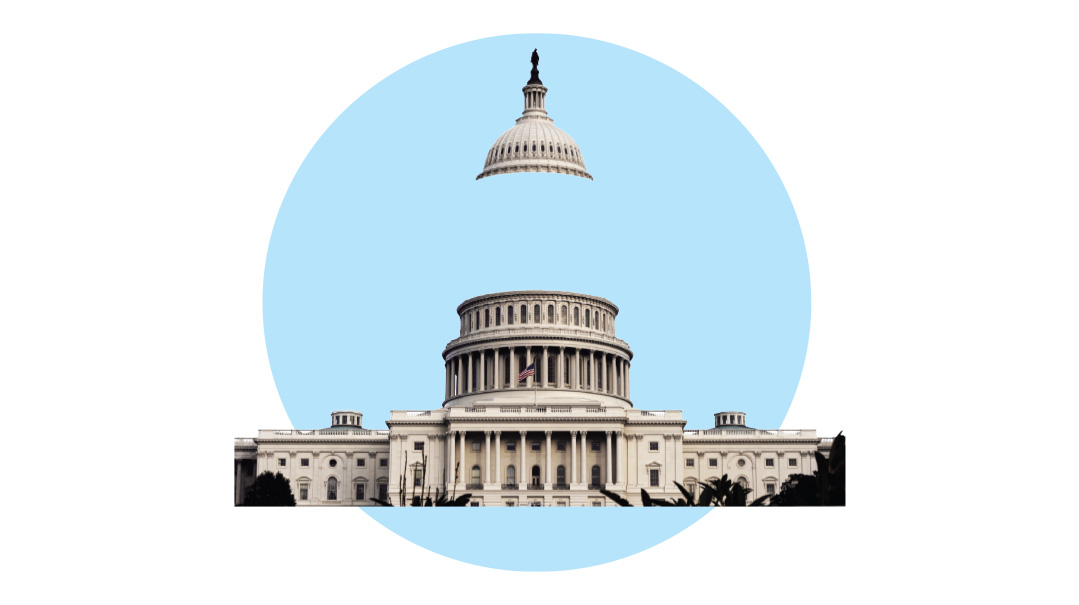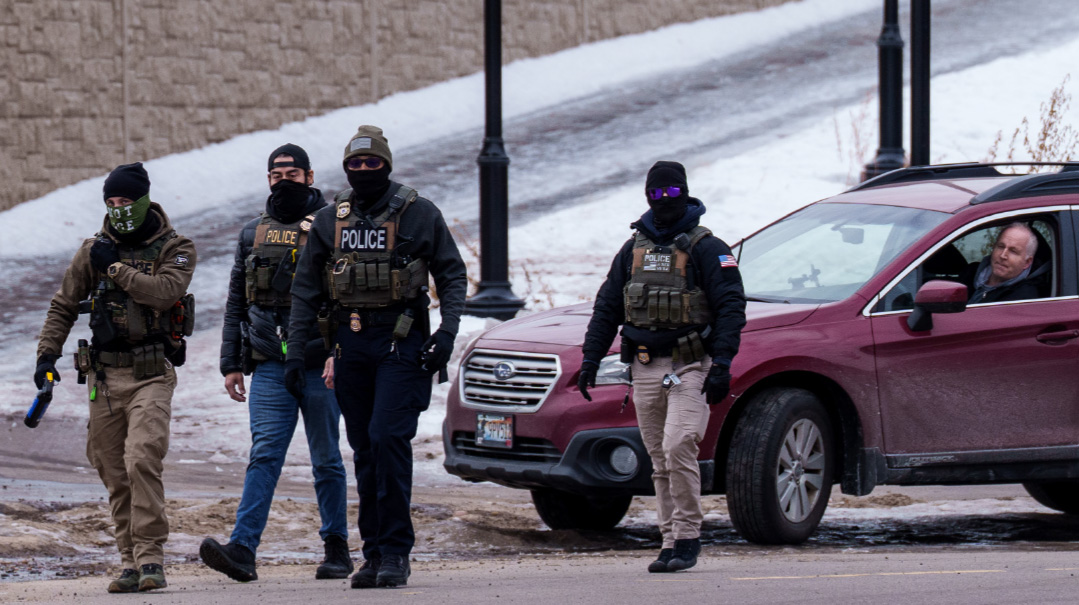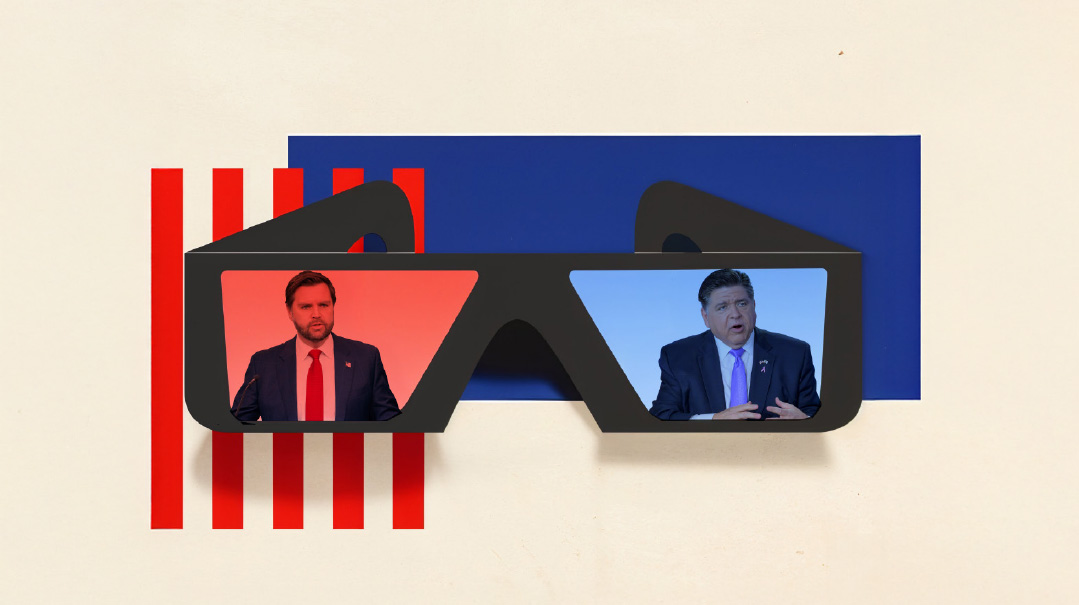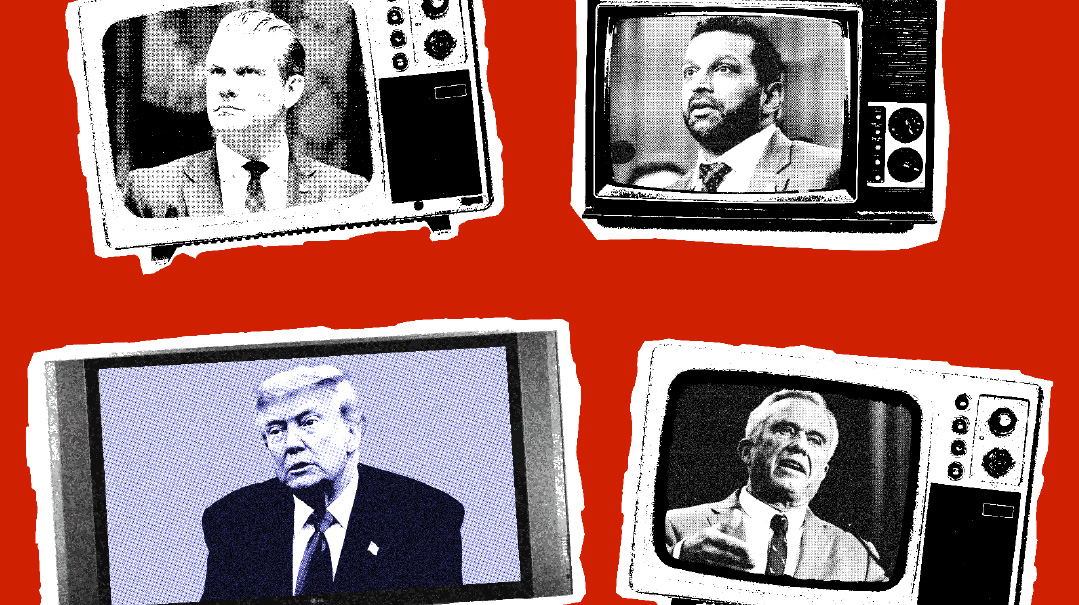What to Do When Your Candidate Doesn’t Win

Rule #6: Consequences don’t have to be fatal

“Elections have consequences.”
“I’m not going to forget this!”
“We know who supported us and who didn’t.”
NO,this is not the opening of a political book I’m writing. These are some verbatim remarks I’ve heard from politicians around the country expressing their disgust and disdain for those who hadn’t supported their reelection campaigns and vowing to have a long memory about the offense.
This buzz saw of political anger seems to await anybody who backs a losing candidate. What should community leadership do when they put their money on the wrong horse? Should they give up? Sit tight and wait for four years? Hope against hope that everybody calms down?
It is patently clear that the victorious elected officials in this scenario will be mad. But when our community is formulating a strategy for re-engaging with them, it’s important first to distinguish legitimate anger from illegitimate anger. Elected officials annoyed with you because you preferred a different candidate’s policies are exhibiting illegitimate anger. Elected officials annoyed because they faced attacks based on personal grievances and personality beefs are exhibiting legitimate anger.
Which did your community engage in? If you were engaging in personality politics, the relationship is likely irrevocably harmed. But if you were arguing over policy, what reason does the elected official have to stay angry?
Policy disputes are rooted in the constituencies that advocates represent. There can be no legitimate lasting anger over policy disputes, because elected officials still have to represent the constituencies with whom they differ.
In this year’s election, police unions in some blue states backed Republicans, and lost. Teachers’ unions in many red states backed Democrats and lost. Do you think the elected officials they campaigned against can now simply ignore the policy arguments of teachers or police? That would be unfathomable. Likewise, no elected official can ignore a population of 300,000 yeshivah kids around the country, thousands of shuls, thousands of chesed organizations, and all the voters they represent.
Certainly, our community will face consequences for losing. But those consequences can be mitigated. In the past, I openly opposed the policies of New York’s Mayor Bill de Blasio and New Jersey’s Governor Chris Christie. I wasn’t invited to either Chanukah party that year. Maybe I was even uninvited. But the policies I supported nevertheless moved forward, because our constituency couldn’t be ignored.
But given that sensitivities might still be raw after a contentious campaign, when should community leaders approach victorious elected officials?
My advice would be immediately. In fact, while politicians may still be griping in private, the nature of the environment they work in will impel them to get things done.
Republican senator-elect J.D. Vance in his victory speech said that his job is to “go to work every day and fight for the people of Ohio.”
“This is a real opportunity for the entire Commonwealth of Pennsylvania,” stated Democratic governor-elect Josh Shapiro in his victory speech.
These elected officials are seeking to represent the voters of both parties and the largest possible majority of the electorate. Most newly elected officials seek the chance to leave the campaign battlefield behind and demonstrate that they are looking for win-win solutions. At the same time, the American people are typically rooting for their success and want to give them an initial chance. You may have voted for the losing candidate, but if the newly elected winner will be representing you for the next four years, you are hoping they will govern for everybody, not just those who voted for them.
But the clock is ticking. It may seem counterintuitive for you to approach someone you opposed right after the election, and to present policy proposals to somebody who is angry. But if you wait, you will only find less openness and willingness to cut deals and move legislation. This is a limited-time offer.
Furthermore, the reservoir of goodwill is traditionally proportionate to the size of the election mandate. If a race was decided by a small margin, relationships will often remain strained, and the winning politician’s goodwill won’t last very long. If his victory margin was larger, the outlook will be more positive, and the time available to work out broad policy goals may be longer.
After his 1964 election, President Lyndon Johnson pushed his cabinet to not waste his landslide margin of 16 million votes. LBJ repeatedly told his advisors that he would lose strength in the polls at the rate of one million votes per month, and that he had a diminishing window to get things done.
As an advocate, you will still have the job of advancing your community’s policies and representing your large constituency. You won’t see any other interest group waiting to approach the victor, and neither should you. Yes, you may have ruffled some feathers, and you may not get as much face time. But if you stay focused on policy, you can still address major issues for the community.
But don’t stay on the sidelines and worry about who’s up and who’s down, who you supported and who you didn’t. Jump in the game and push your issues and your community to the top of the new agenda of a politician whom you may have opposed but who still has to represent you.
POLITICAL PLAY
Where: Maryland
When: Fall 2002
What: I Knew Him When
I read a story in the Washington Post about a state senator who was running for office and was destined to lose. I called up the campaign office on a Friday and asked if I could volunteer. The candidate himself answered. His name was Alex Mooney, and he was in the fight of his life.
He asked me to come knocking on doors with him the next day. I told him I was a religious Jew and couldn’t make it, but asked him if Sunday would work. He joked that I would have to make twice as many calls to make up for Saturday.
On Sunday I showed up, and we knocked hundreds of doors that day, and many more ever since. Alex won his “impossible” election and went on to run for higher elected office.
Alex represents West Virginia’s 2nd District in the US Congress. Whenever I see him, he always gives me a big hug and introduces me as his best Sunday door-knocker.
Lesson
Real relationships can last 20 years and still be as fresh as the day they started.
(Originally featured in Mishpacha, Issue 936)
Oops! We could not locate your form.







